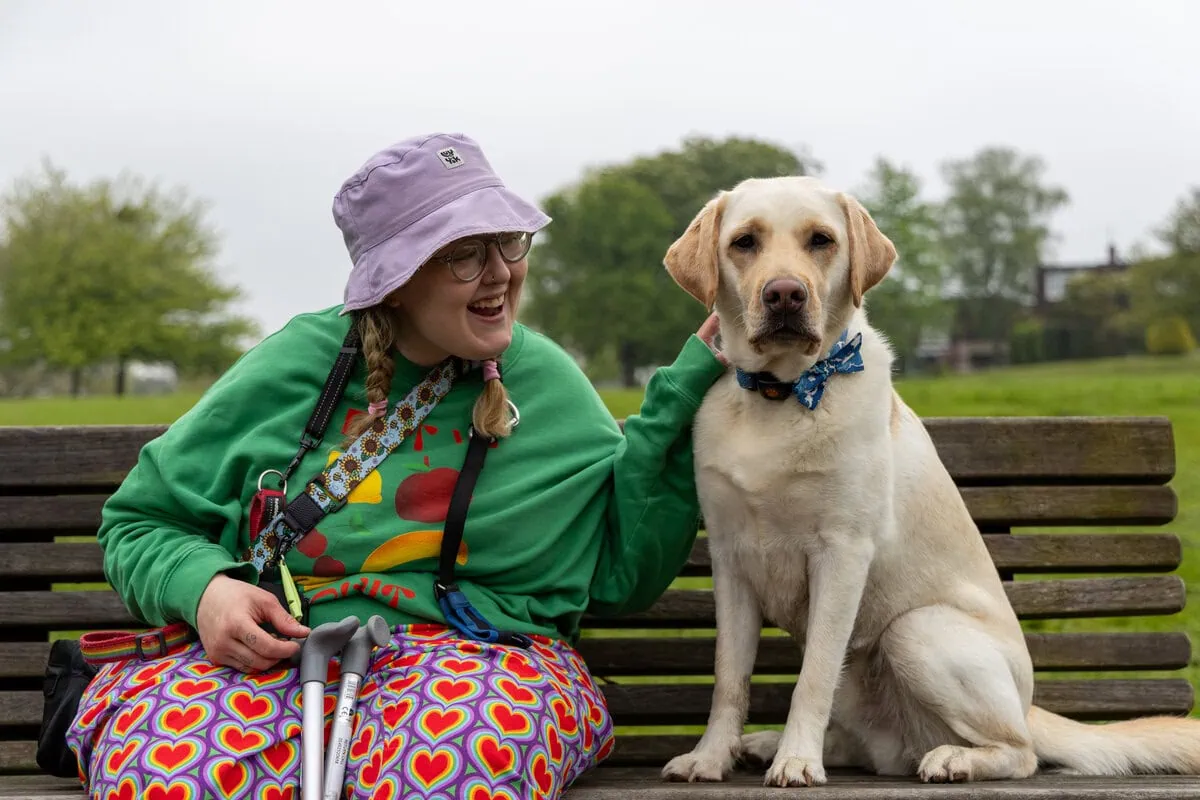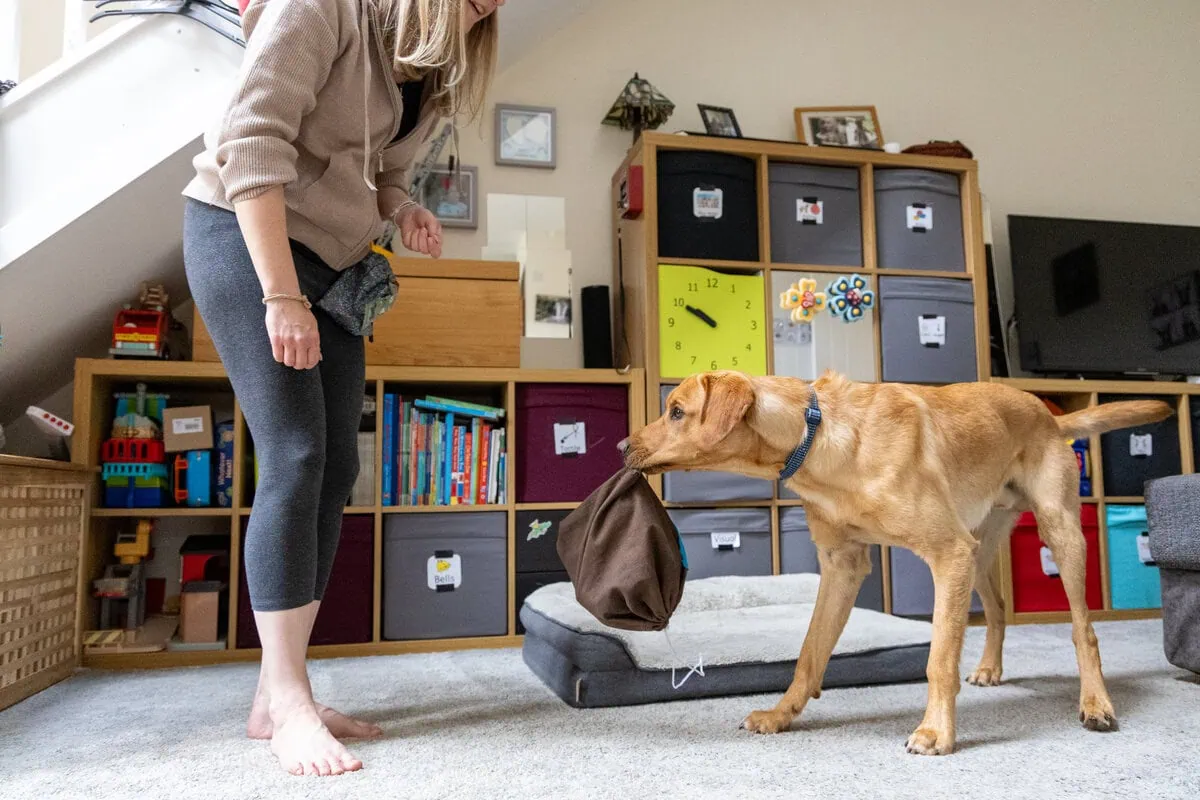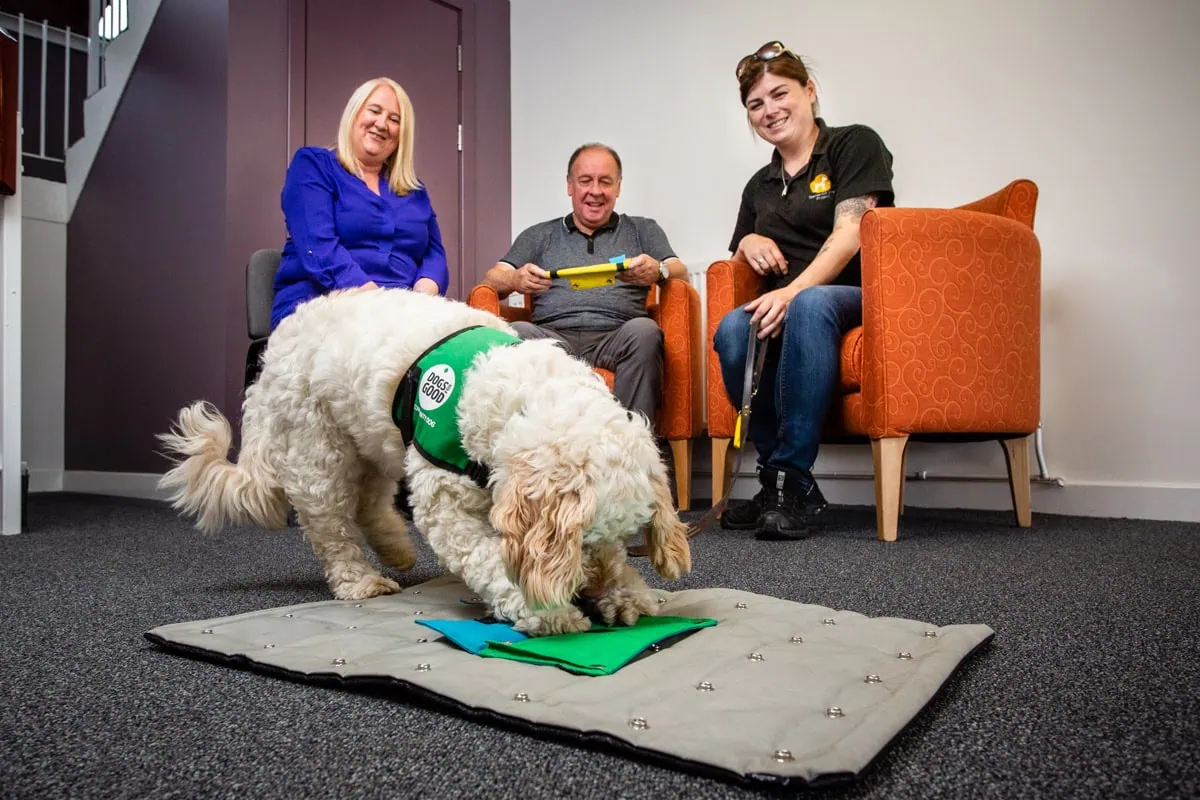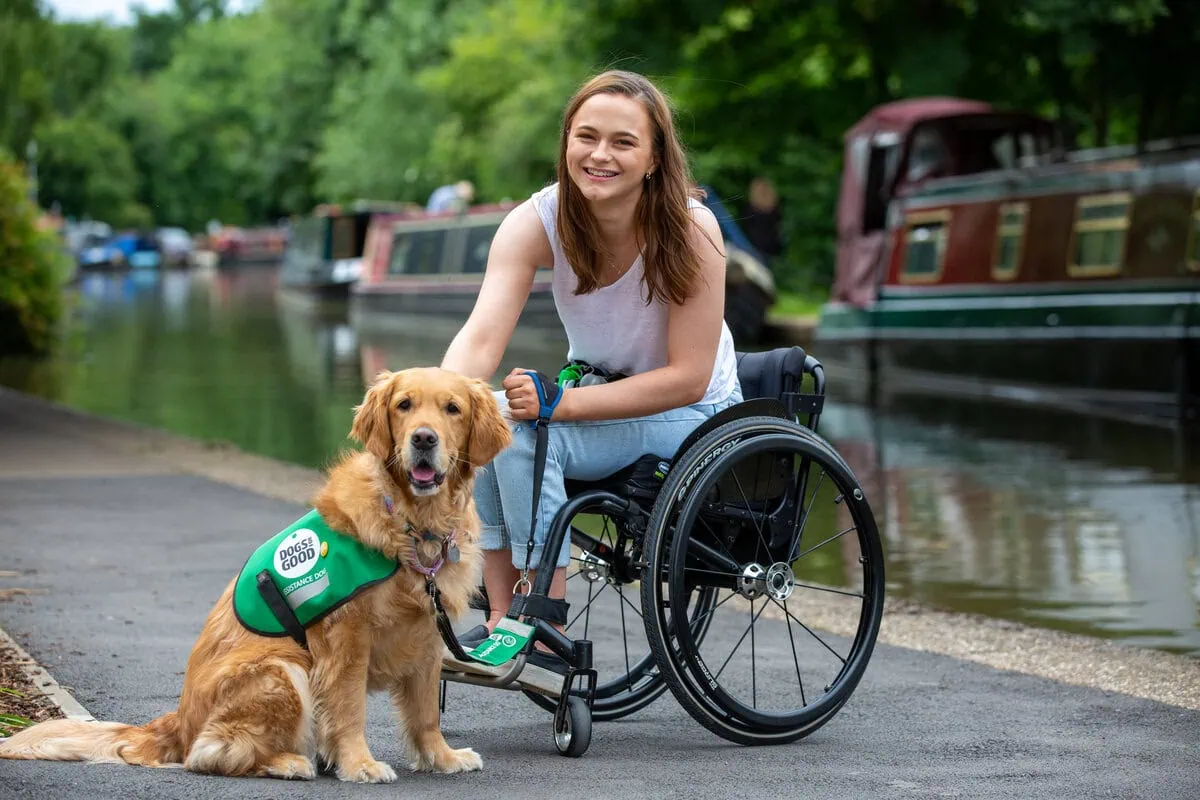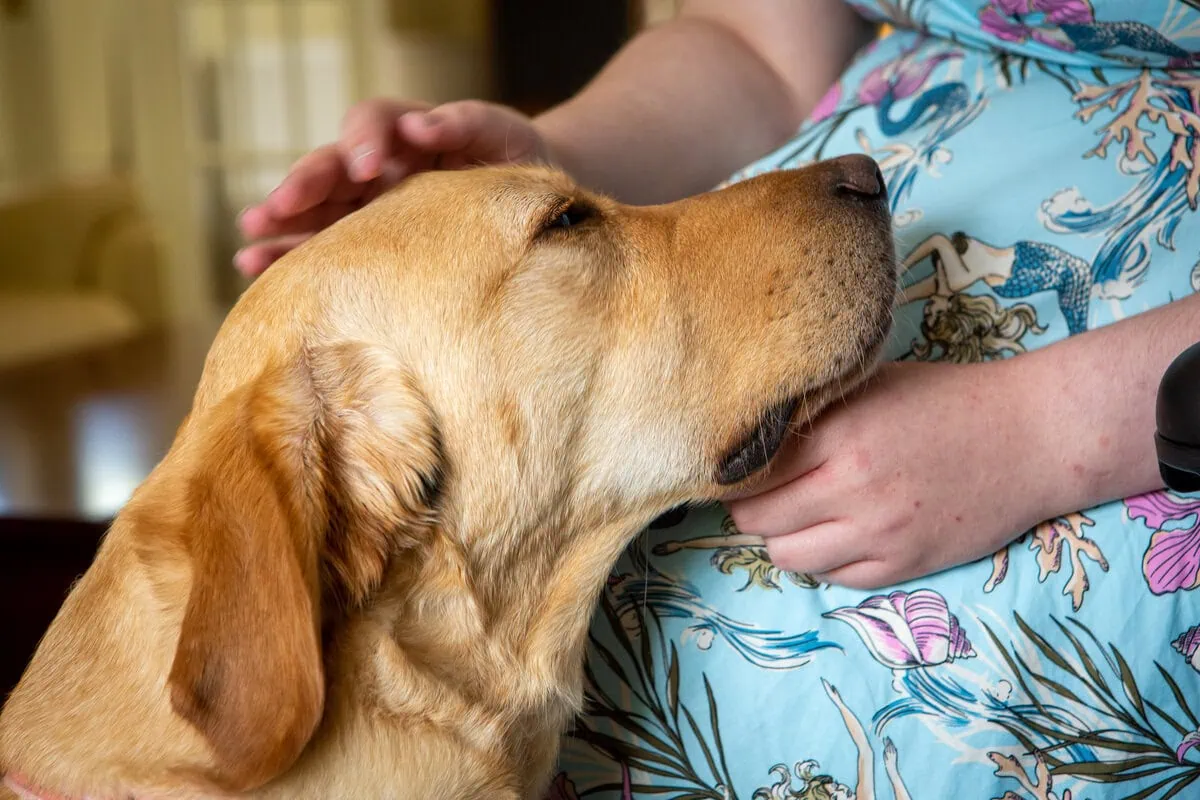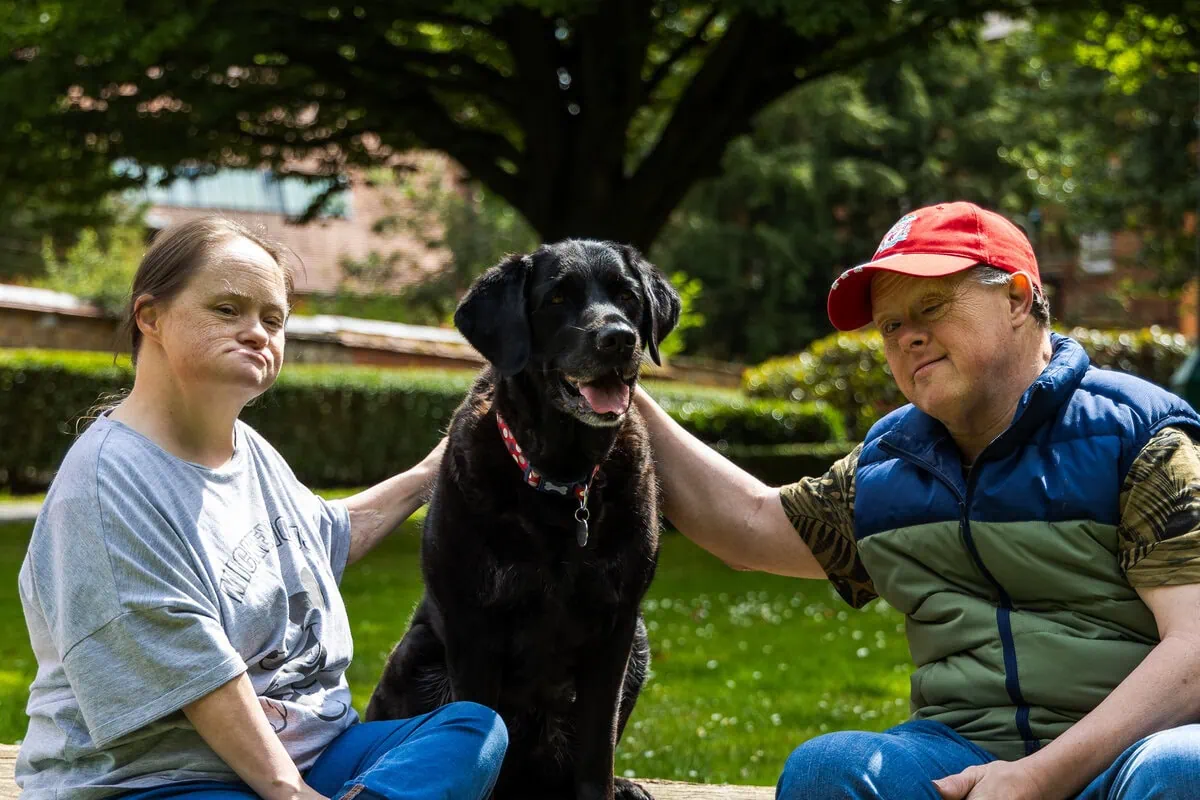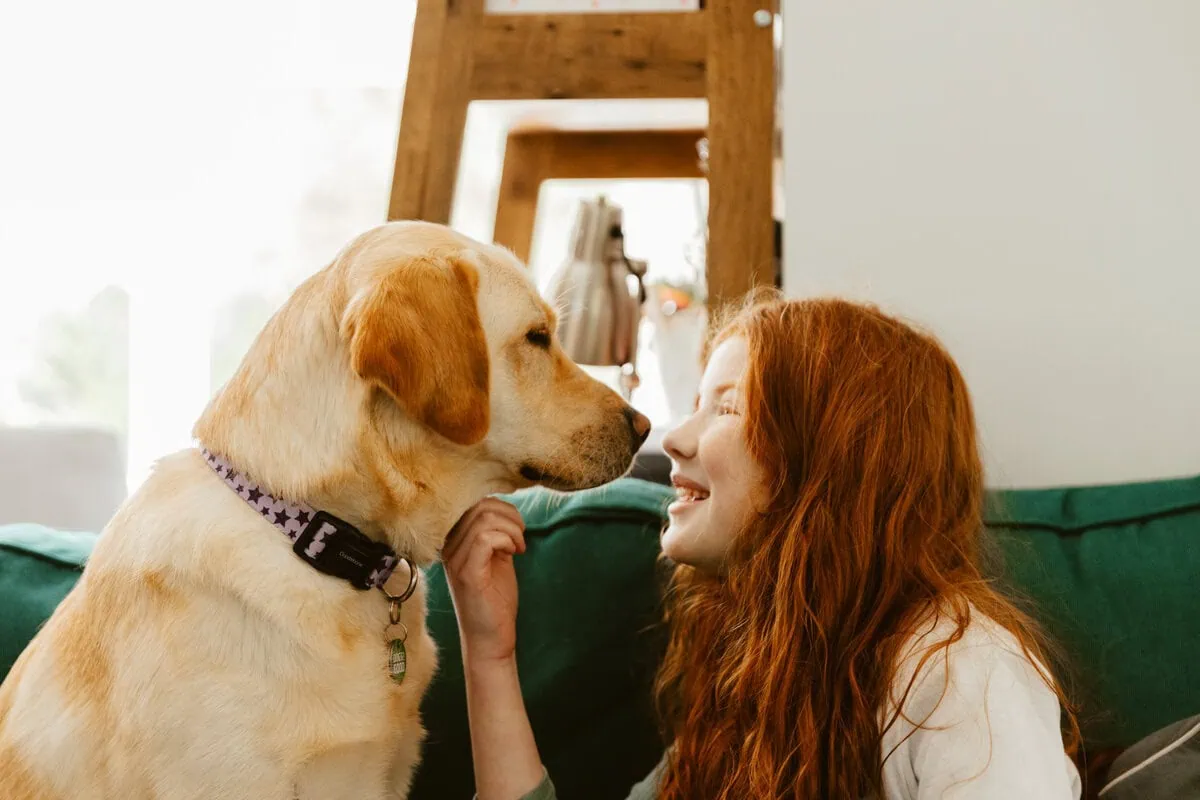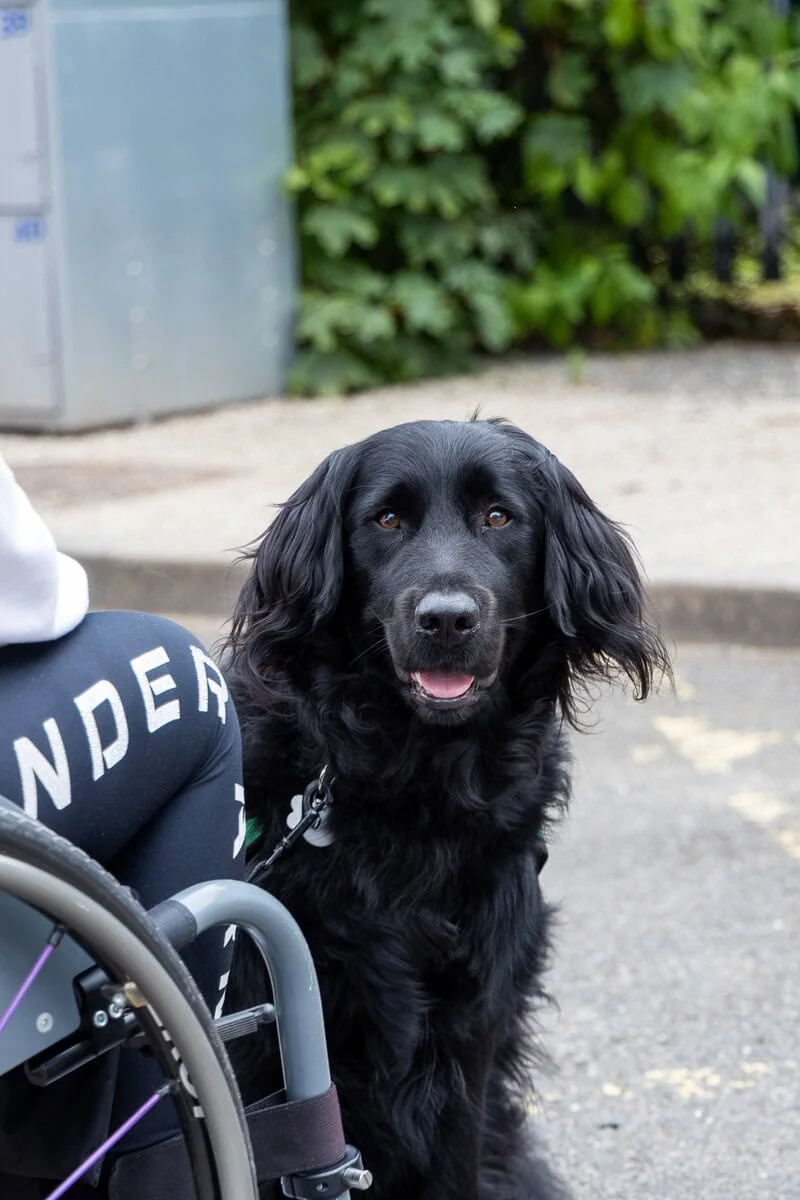We bring people and dogs together to make life possible
Through carefully matched partnerships, workshops, and group sessions or individual visits, our dogs enable the people we work with and their families to live happier, healthier, more independent lives.

